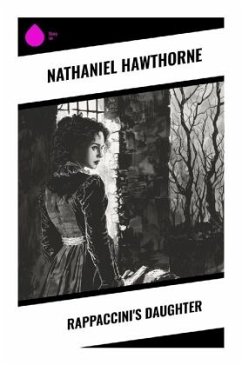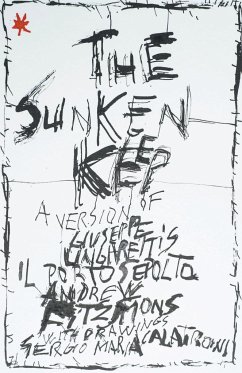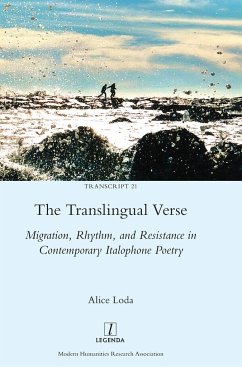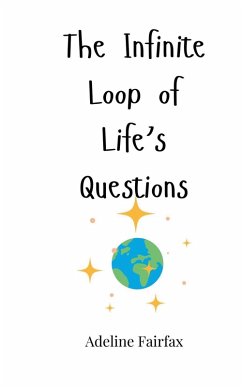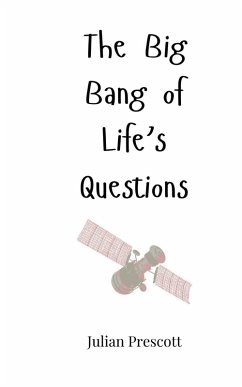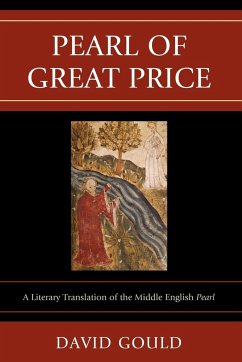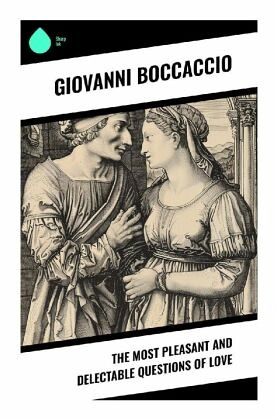
The Most Pleasant and Delectable Questions of Love
Versandkostenfrei!
Versandfertig in 6-10 Tagen
8,40 €
inkl. MwSt.
Weitere Ausgaben:

PAYBACK Punkte
0 °P sammeln!
In "The Most Pleasant and Delectable Questions of Love," Giovanni Boccaccio masterfully intertwines erudition and wit, exploring love through a series of thought-provoking dialogues. Set against the rich backdrop of 14th-century Florence, this work delves into the complexities and nuances of romantic relationships, reflecting the courtly love tradition while also incorporating Boccaccio's unique narrative style. Through engaging questions and philosophical musings, the text addresses love's virtues and vices, offering an illuminating study of human emotion and social dynamics in a period marke...
In "The Most Pleasant and Delectable Questions of Love," Giovanni Boccaccio masterfully intertwines erudition and wit, exploring love through a series of thought-provoking dialogues. Set against the rich backdrop of 14th-century Florence, this work delves into the complexities and nuances of romantic relationships, reflecting the courtly love tradition while also incorporating Boccaccio's unique narrative style. Through engaging questions and philosophical musings, the text addresses love's virtues and vices, offering an illuminating study of human emotion and social dynamics in a period marked by profound cultural change. Giovanni Boccaccio, a seminal figure in Italian literature and a contemporary of Petrarch, drew on his personal experiences and observations of society to inform his literature. Known for his keen understanding of human nature, Boccaccio's multifaceted background as a poet, storyteller, and scholar profoundly influenced his writing. This work can be seen as a culmination of his interests in love, ethics, and the human condition, allowing readers to glimpse the societal norms and romantic ideals of his time. I highly recommend "The Most Pleasant and Delectable Questions of Love" to anyone interested in the intersections of love, philosophy, and literature. Boccaccio's eloquence will resonate with modern audiences, inviting them to consider timeless questions about affection, desire, and the moral implications of love in their own lives.






